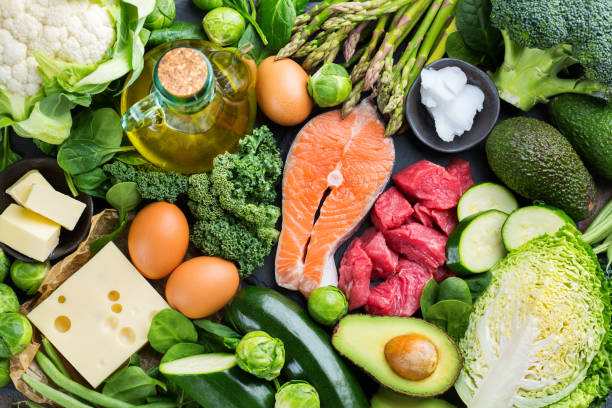By Ms. Ishi Khosla is a practicing clinical nutritionist, columnist, author, an entrepreneur, researcher and welfare worker.
Cancer is a broad term for a variety of diseases that share characteristics such as uncontrollable, abnormal, and virulent growth of cells.
The immune system plays a significant role in the development of autoimmune diseases, chronic inflammatory diseases, and cancer. Immunity and Cancer – both influence each other, and there have been multiple studies that have established an association between the two.
Autoimmunity is a disorder of the immune system in which the body attacks itself and the immune system mistakenly produces antibodies against healthy cells.
Immune responses can both – promote and counteract cancer. An immune response is essential for protection against the development of cancer. However, abnormal activation of the immune system may also lead to the risk of autoimmunity.
In a state of perpetual activation, immune mediators (cytokines, chemokines and free radicals) may cause tissue damage leading to chronic inflammation, and subsequently, increase the risk of cancer.
Additionally, ongoing stimulation and subsequent rapid growth of the immune cells in this setting may contribute to malignant cell growth. Other factors affecting immune activity, such as genetic factors, environmental exposure to carcinogens, and toxic pharmacological treatments, may also bolster the growth of cancer.
Many autoimmune or inflammatory conditions are associated with an increased risk for malignancies. Cancer risk due to inflammation is not limited to areas with specific focal organ damage. Celiac disease or gluten intolerance targets the gut and is associated with an elevated risk of gastrointestinal malignancies.
This risk may be reduced or eliminated in patients who remove gluten, the inciting antigen, from their diets. Similarly, common manifestations of SLE (Systemic lupus erythematosus) include Lupus Nephritis (inflammation of the kidney) and Lupus Cerebritis (inflammation of the brain), and evidence suggests increased rates of kidney and brain cancer in these patients. Likewise, patients with rheumatoid arthritis frequently experience chronic lung tissue inflammation eventually leading to interstitial lung disease, which likely predisposes to increased lung cancer risk.
Evidence demonstrates that chronic inflammation and autoimmunity are associated with the development of malignancy. Additionally, patients with a primary malignancy may develop autoimmune-like disease.
It is no surprise that we have witnessed an unprecedented surge in both – autoimmunity and malignancies in the recent past. While these may be multi-factorial, the role of diet is clearly established.
A nutrient-dense diet, rich in plant-food, fruits, vegetables, enzymes, anti-oxidants, phyto-nutrients, fibre, vitamins, minerals, healthy fats, adequate protein, water, and low in salt, sugar, processed foods, preservatives, pesticides, genetically-modified foods, and alcohol, should help lower risk of cancer and auto-immunity.
No single food or nutrient will remove the risk of cancer. Needless to say that avoidance of smoking, maintenance of optimum body weight, regular physical activity, and stress management, are critical to the prevention of the disease.











